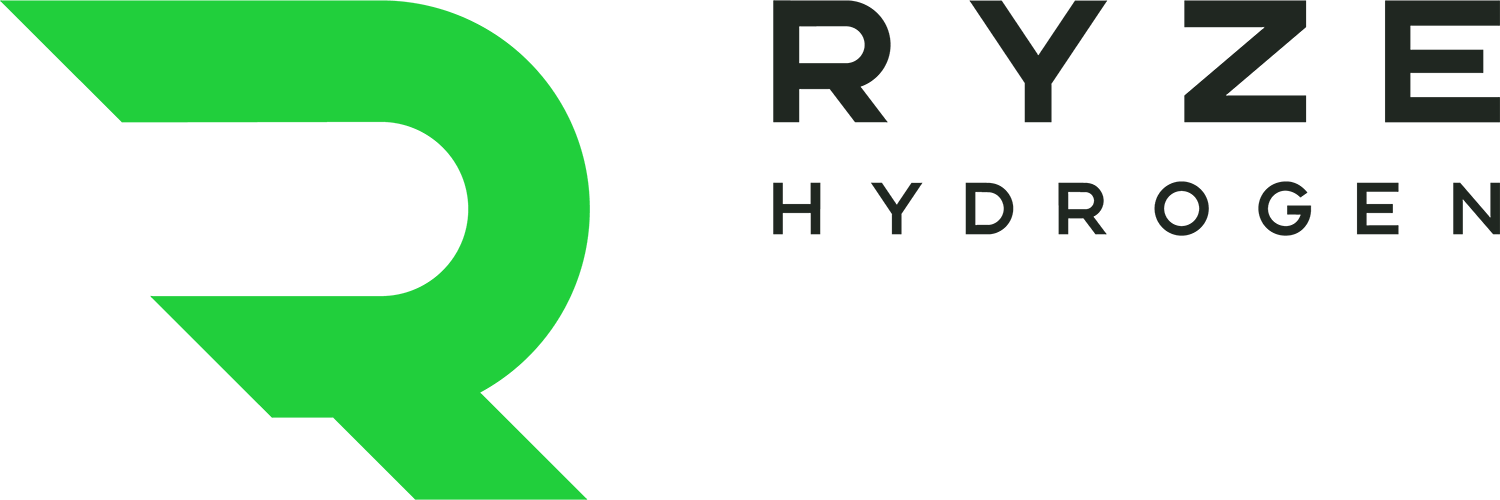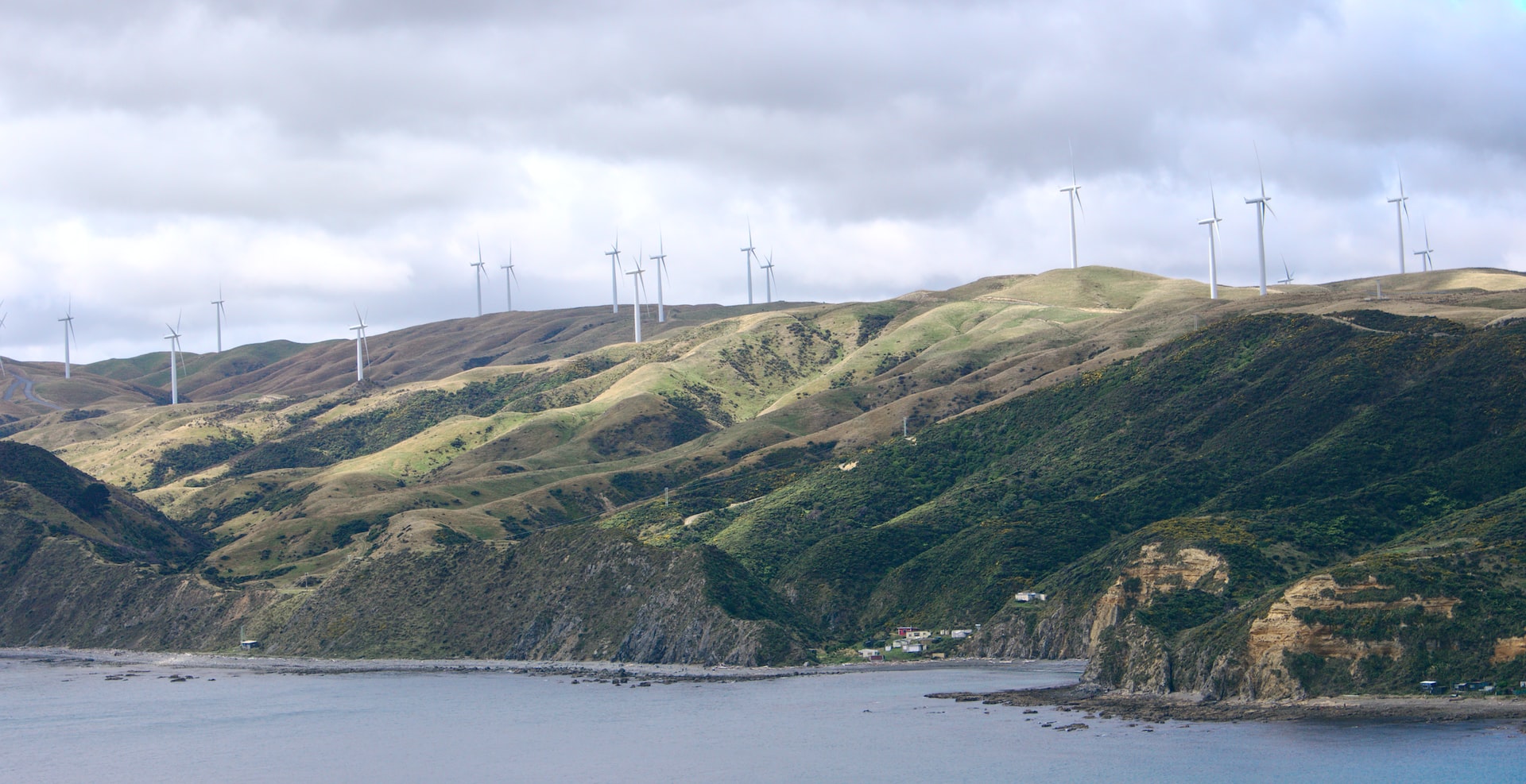The race is well underway to scale up the hydrogen industry in order to get the cost base down. Once the cost of hydrogen hits parity with the cost of fossil fuels the world will be a very different place.
Aurora Energy Research has analyzed and found that by 2030, Ireland has the potential to become the leading producer of the most cost-effective green hydrogen in Europe. According to their study, under the most favorable conditions, the levelised cost of hydrogen production in Ireland would be €3.50/kgH2, which is 8% cheaper than the optimal production costs in Spain and 35% less than in Germany.
The primary reason behind this competitive advantage is Ireland’s higher wind speeds, especially in the western region, compared to other European nations, and the increasing grid congestion in the electricity transmission system.
According to Aurora the Irish government plans to establish offshore wind generation with a capacity of 2GW linked to electrolysers by 2030, potentially generating 138kt of green hydrogen annually. Moreover, developers could convert surplus renewable power that would otherwise be wasted into green hydrogen.

The primary reason behind this competitive advantage in hydrogen production is Ireland’s higher wind speeds, especially in the western region, than other European nations and the increasing grid congestion in the electricity transmission system. Renewable energy (wind or solar) is used to power electrolysers to make clean hydrogen.
Irish hydrogen demand is predicted to increase to 33kt in 2030 based on their forecast, up from 11kt in 2023, with the industrial sector accounting for most of consumption, followed by transport. Just this month, Northern Irish hydrogen bus manufacturer Wrightbus announced that their ever-growing fleet of zero-carbon hydrogen buses had, along with their electric buses, travelled a staggering three million miles since hitting the road. This milestone means those ‘clean buses’ have prevented a massive 5,000 tonnes of harmful CO2 from entering the atmosphere compared to the distance covered by diesel equivalents.
Furthermore, the production of green hydrogen could be exported, as the modelling indicates that the optimal cost of importing green hydrogen from Cork to Germany in 2030 would be 13% lower than the optimal cost of domestic production in Germany.
The research suggests that although Ireland has cost advantages in producing green hydrogen, it still requires strong policy support to unleash its full potential. Additionally, the optimal cost of producing green hydrogen in Ireland by 2030 is estimated to be €89/MWh(th), which is 82% higher than Aurora’s projected gas price for the same period.
If no measures are taken to reduce this cost differential, it may hinder the development of the market. The government can introduce hydrogen purchase agreements that cover the cost premium to encourage production. Additionally, providing capital expenditure relief for investments made in electrolysers could also aid in reducing the costs per kilogram of hydrogen that needs to be recovered.
“Ireland has the potential to become a green hydrogen powerhouse: its abundance of high wind speeds presents a key competitive advantage, but significant financial support will be critical to kickstarting the industry, either by bringing hydrogen costs in line with natural gas prices, or by paying the cost difference to consumers directly,” said Marlon Dey, Head of Research, UK and Ireland, Aurora Energy Research.

Northern Irish bus manufacturer Wrightbus have put zero-carbon hydrogen buses on the streets of numerous U.K. cities, saving thousands of tonnes of harmful CO2 entering the atmosphere.
According to Nick Byrne, the Ireland Research Product Manager at Aurora, although Ireland has favourable production economics, it is not yet an appealing destination for hydrogen developers. In their latest Hydrogen Market Attractiveness Report, the Republic of Ireland was ranked 14th out of the 15 EU countries examined. This is mainly due to the absence of a national hydrogen strategy.
The Clean Hydrogen Partnership declared last month that it would finance the H2ORIZON inquiry to assess the importance of hydrogen in decarbonising energy on Valentia Island, located in southwest Ireland, with a specific emphasis on maritime use scenarios. The analysis will evaluate the feasibility of using hydrogen for enterprises and various transportation modes on Valentia Island and its environs.
To learn more about Ryze Hydrogen, click here.
Main header image © https://www.ecolife.zone/wind-turbines/






